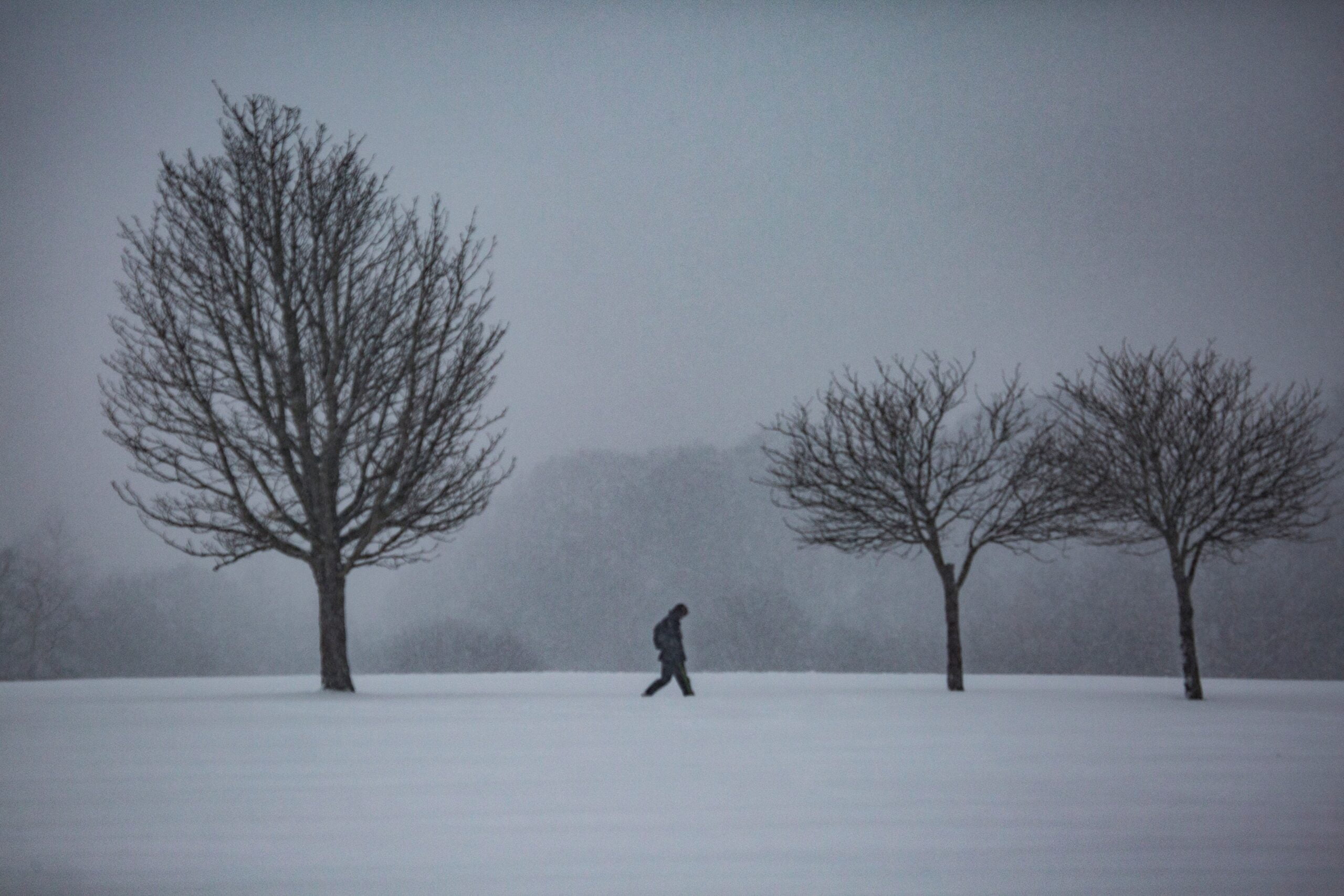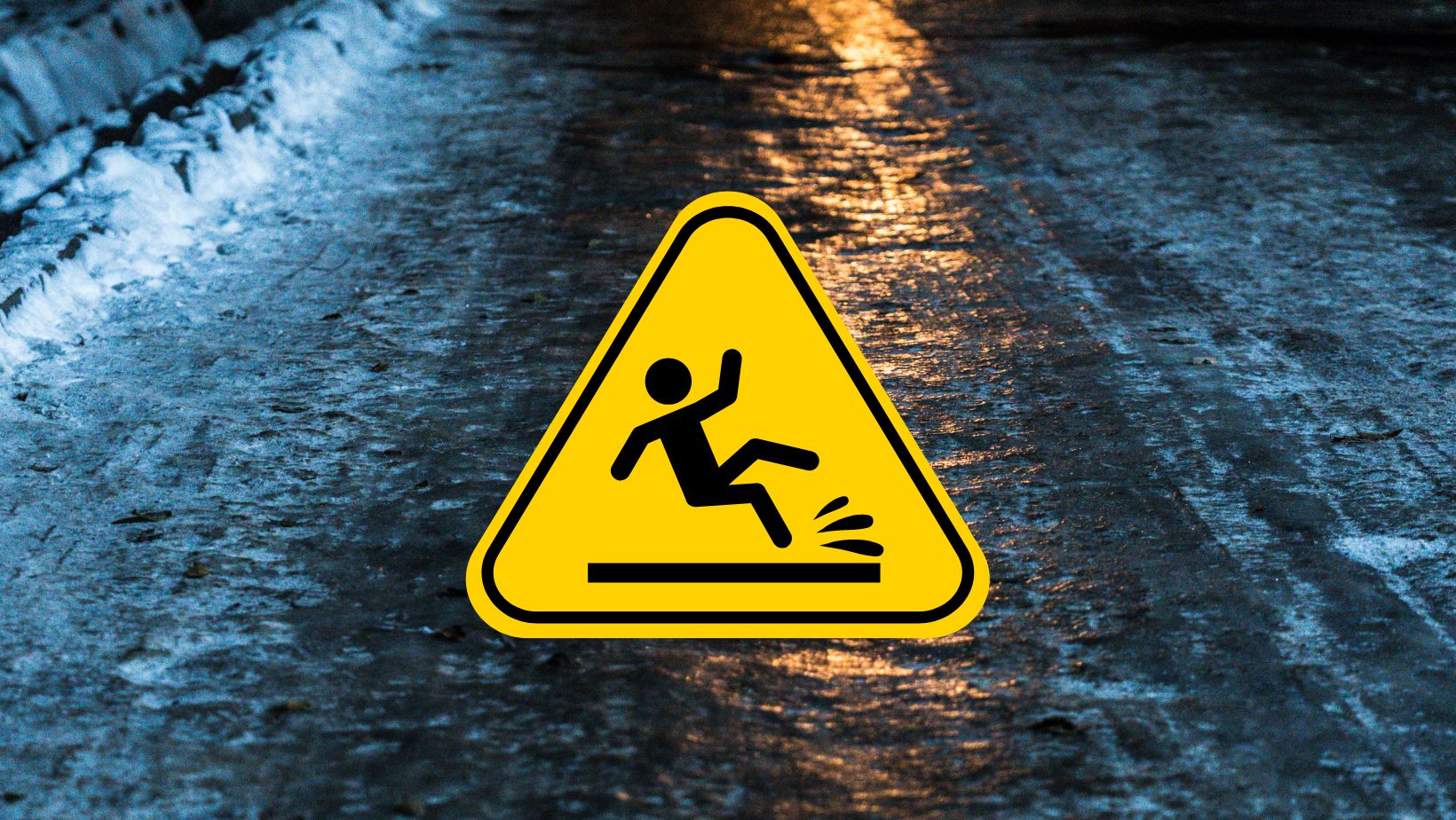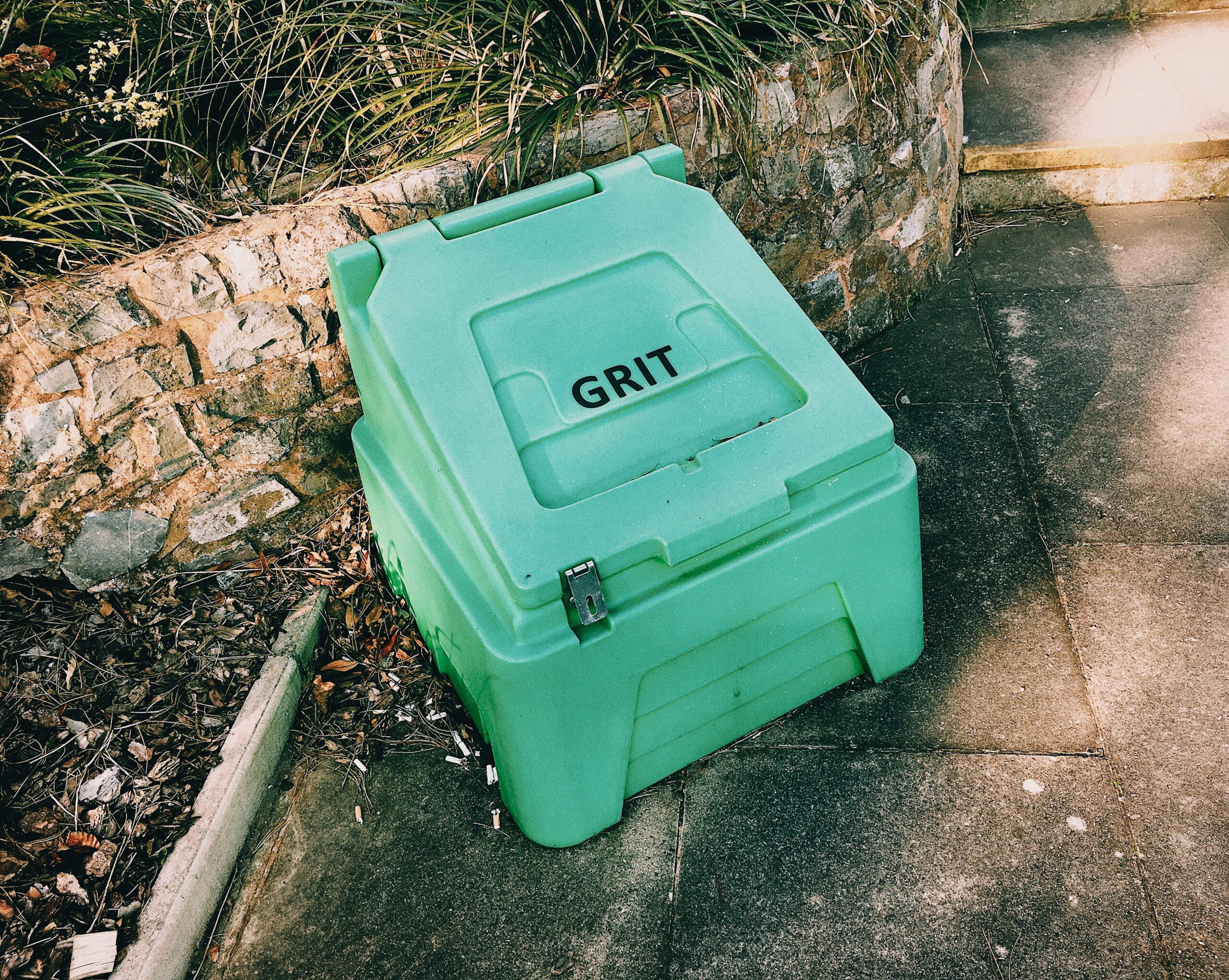What if your employees can’t get to work due to ice and snow conditions?
When employees can't get to work due to ice and snow conditions, it can have several implications for both the employees and the employer. Here's what typically happens. Employee snow safety first The safety of employees is the top priority. If road conditions are hazardous due to ice and snow, it is generally advised that











